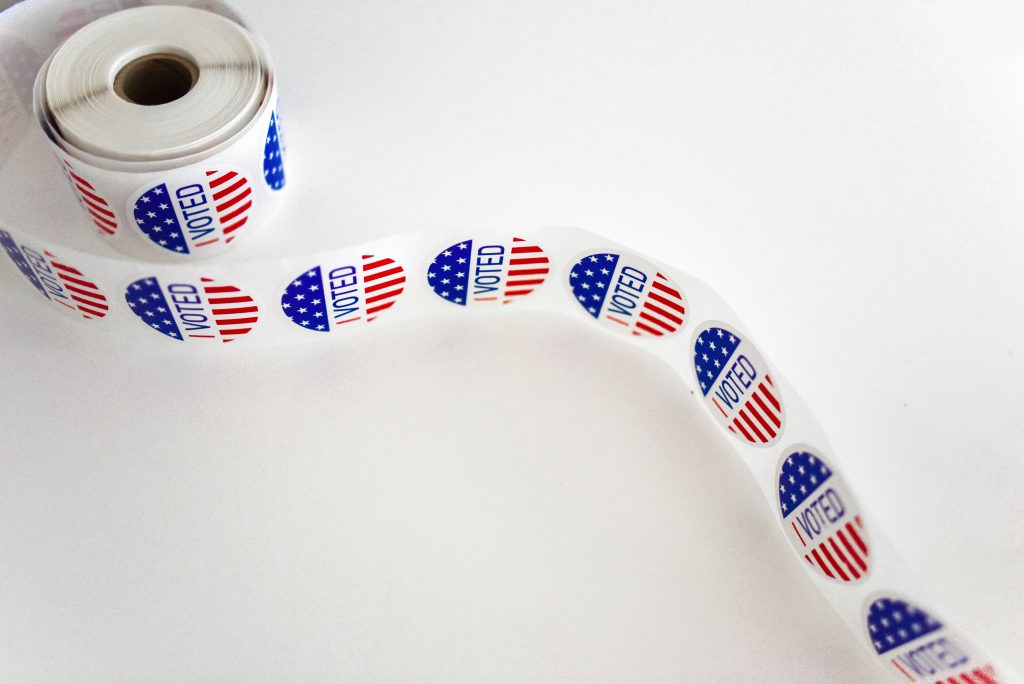Written by: Madelyn Pellizzari
For New Yorkers, election day brought a ballot measure almost as controversial as the presidential election. Proposition 1 (the “Proposition,” or “Bill”), also known as the Equal Rights Amendment, proposed expanding the explicit protections of the New York State Constitution to include ethnicity, national origin, age, disability, and sex, including sexual orientation, gender identity, gender expression, pregnancy, pregnancy outcomes, and reproductive healthcare and autonomy. Previously, the New York State Constitution only prohibited discrimination based on race, color, creed, or religion. Over four and a half million New Yorkers, roughly sixty-two percent of those who voted on the Proposition, voted “Yes.”
The sponsor of the Bill, Senator Liz Krueger, stated that its purpose is to recognize the “need for comprehensive, enforceable, and intersectional equality under the law.” The text of the Bill goes on to clarify that the provision which prohibits discrimination based on sex inherently includes discrimination on the basis of pregnancy, pregnancy outcomes, and reproductive healthcare or autonomy. In preventing these types of discrimination, the Bill recognizes that the right to abortion is central to a pregnant person’s equality. Some of these protections, such as those for abortion and transgender people, already exist in New York law. According to lawmakers, amending the State Constitution is still necessary as a more permanent protection that would be more likely to withstand any changes in the political climate of New York.
On the other hand, those who are against the Bill claim that since these protections already exist, Proposition 1 is merely a “ruse” to motivate voters to get to the polls and support Democratic candidates. Opponents of the Bill have expressed various fears, including that it will lead to reverse racism, ruin girls’ and women’s sports, and extend voting rights to undocumented immigrants.
Lee Zeldin, a former U.S. Congressman, has adamantly opposed the Proposition, labeling it as the greatest “attack on women’s and girls’ rights in the state of New York” in recent history. A Siena College Research Institute poll showed that about sixty-six percent of New York voters expressed some sympathy for this sentiment, agreeing that high school athletes should be required to compete in the gender category they were assigned at birth. Further, opponents believe that the passage of the Equal Rights Amendment would allow minors to get sexual reassignment surgery without any need for parental notification or consent.
Critics also claim that the portion of the Bill which protects against discrimination based on “national origin” would give undocumented immigrants a constitutional right to taxpayer benefits and allow non-citizens to vote. A thirty-second ad paid for by the Vote No to Prop 1 Committee warns “[t]his isn’t about equal rights. It’s about special rights for undocumented immigrants.”
Another worry raised by some New Yorkers is that the Equal Rights Amendment would discriminate against Asian American students competing to get into New York City’s merit-based high schools. Wai Wah Chin, a former president of the Chinese American Citizens Alliance of Greater New York, worried that the Proposition would lead to “reverse racism” since Asian students are overrepresented in these specialized high schools in proportion to their overall population in the city public school system.
The New York City Bar Association has responded to some of these arguments, namely those involving parental rights, participation in sports, and the laws with respect to undocumented immigrants. They clarify that parental rights with respect to consent and their ability to be involved in decision-making about healthcare and medical procedures for their minor children is governed by state and federal laws, which are not addressed by Proposition 1. They also point out that Proposition 1 does not change existing law, nor does it explicitly mention participation on sports teams. Title IX, the controlling federal law, has already been interpreted by federal courts as allowing those involved in high school sports to play on teams that match their gender identity and expression.
Further, Proposition 1 includes nothing to insinuate that it enfranchises a new class of voters. A separate part of the State Constitution, unaffected by Proposition 1, determines the citizenship qualifications for voting. Lastly, New York State and federal laws already prohibit discriminating against a person based on “national origin,” so Proposition 1 will not change the law as it stands with respect to taxpayer benefits for undocumented immigrants.
The Equal Rights Amendment to the New York State Constitution will further enshrine the rights and traditions that have already been recognized by federal as well as other New York State laws. Whether the Amendment will be used as its opponents’ fear is yet to be seen. However, if this were to be the case, then it would be up to the New York State electorate to determine whether there is a need for change.
Sources:
Aneeta Bhole and Carl Campanile, Prop 1 – NY’s ‘Equal Rights Amendment’ Ballot Measure – May Discriminate Against Asian Students: Critics, N.Y. Post (Oct. 16, 2024, 8:17 PM).
Brad Holyman-Sigal, Proposal 1: Equal Rights Amendment, The N.Y. State Senate (Sept. 10, 2024).
Carl Campanile and Vaughn Golden, TV Ad Claims NY’s Prop 1 Ballot Measure Will Aid Illegal Immigration, Non-Citizen Voting, N.Y. Post (Oct.21, 2024, 9:31 PM).
Equal Rights Amendment, S108A, (2024).
Grace Ashford, Mega-Donors Pour $8 Million Into Late Push Against N.Y. Abortion Measure, N.Y. Times , Section A, Page 25 (Oct. 29, 2024).
Grace Ashford, New Yorkers Pass an Equal Rights Amendment Tied to Abortion Access, N.Y. Times (Nov. 5, 2024).
Grace Ashford and Claire Fahey, Why the Equal Rights Amendment Is Again a Hot Topic in New York, N.Y. Times , Section A, Page 19 (May 20, 2024).
Jesse Zanger, New York Voters Approve Proposition 1 Which Protects Abortion Rights, CBS News Projects, CBS NEWS (Nov. 6, 2024, 10:52 AM).
N.Y.C. BAR ASS’N, Prop 1 (New York Equal Rights Amendment): What the Amendment Will and Won’t Do (Oct. 30, 2024).

